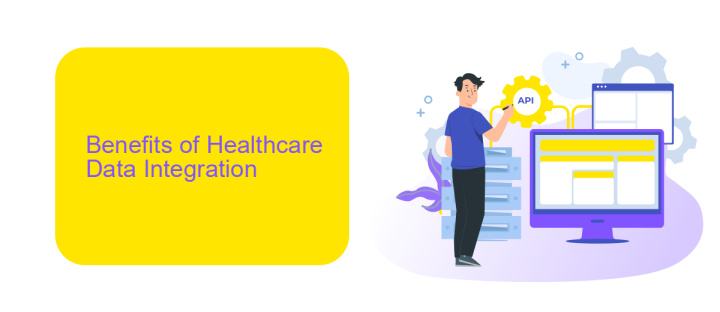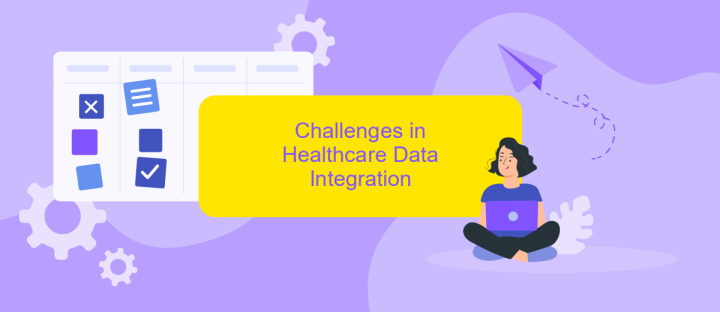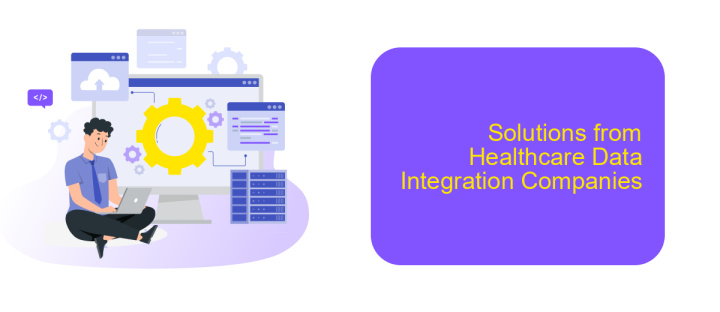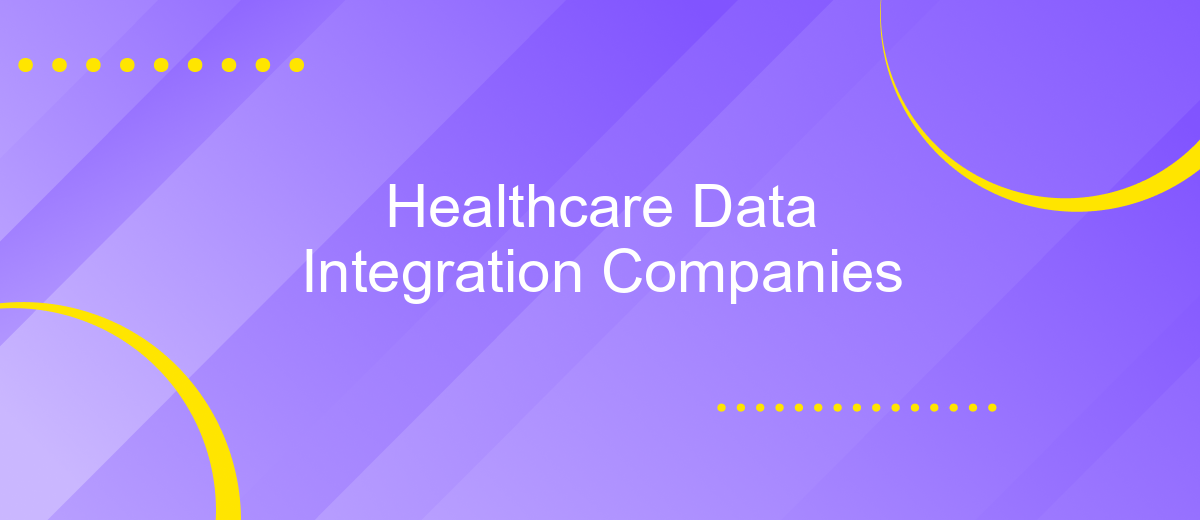Healthcare Data Integration Companies
In an era where data drives decisions, healthcare data integration companies play a pivotal role in transforming patient care. These firms bridge the gap between disparate health information systems, ensuring seamless data flow and improved clinical outcomes. By leveraging advanced technologies, they enable healthcare providers to access comprehensive patient records, enhance interoperability, and ultimately, deliver more personalized and efficient care.
Overview of Healthcare Data Integration
Healthcare data integration is a critical aspect of modern medical practice, enabling seamless exchange of patient information across various healthcare systems. This integration improves patient care, enhances operational efficiency, and ensures compliance with regulatory requirements. The process involves consolidating data from multiple sources such as electronic health records (EHRs), laboratory systems, and medical imaging platforms.
- Improved patient outcomes through real-time data access
- Enhanced decision-making capabilities for healthcare providers
- Streamlined workflows and reduced administrative burden
- Compliance with healthcare regulations and standards
- Cost savings through efficient resource utilization
Services like ApiX-Drive facilitate healthcare data integration by offering a user-friendly platform for connecting various healthcare applications. ApiX-Drive supports the automation of data transfer, reducing manual entry errors and saving time for healthcare professionals. By leveraging such tools, healthcare organizations can achieve a more integrated and efficient data ecosystem, ultimately leading to better patient care and operational performance.
Benefits of Healthcare Data Integration

Healthcare data integration provides numerous benefits, significantly enhancing the efficiency and quality of care. By consolidating patient information from various sources, healthcare providers can access a comprehensive view of a patient's medical history, enabling more accurate diagnoses and personalized treatment plans. This seamless flow of information reduces the likelihood of medical errors, ensures continuity of care, and improves patient outcomes. Additionally, integrated data systems streamline administrative processes, reducing redundant paperwork and freeing up valuable time for healthcare professionals to focus on patient care.
Moreover, healthcare data integration facilitates better decision-making and analytics. With real-time access to diverse datasets, providers can identify trends, predict patient needs, and optimize resource allocation. Integration services like ApiX-Drive play a crucial role in achieving these benefits by offering customizable solutions that connect disparate healthcare systems effortlessly. ApiX-Drive's user-friendly platform ensures that healthcare organizations can implement and manage integrations without extensive technical expertise, making it easier to harness the full potential of their data. Ultimately, this leads to more efficient operations, cost savings, and enhanced patient satisfaction.
Challenges in Healthcare Data Integration

Integrating healthcare data poses significant challenges due to the complexity and sensitivity of medical information. The diverse sources of data, including electronic health records (EHRs), laboratory systems, and wearable devices, require robust solutions to ensure seamless data flow and interoperability.
- Data Standardization: Different systems often use varied data formats and standards, making it difficult to achieve uniformity.
- Privacy and Security: Ensuring compliance with regulations like HIPAA while protecting patient data from breaches is paramount.
- System Compatibility: Legacy systems may not easily integrate with modern platforms, requiring extensive customization.
- Data Quality: Inconsistent or inaccurate data can compromise patient care and outcomes.
- Scalability: As healthcare data grows, solutions must scale efficiently to handle increased volume and complexity.
Services like ApiX-Drive offer valuable tools for addressing these challenges by providing automated data integration solutions. ApiX-Drive facilitates seamless connectivity between disparate systems, enhancing data quality and ensuring compliance with privacy standards. By leveraging such services, healthcare organizations can improve interoperability and streamline their data management processes.
Solutions from Healthcare Data Integration Companies

Healthcare data integration companies offer a range of solutions to streamline the management and exchange of medical information. These solutions are designed to improve interoperability between various healthcare systems, ensuring that patient data is accessible, accurate, and secure.
One of the key services provided by these companies is the implementation of advanced integration platforms. These platforms facilitate the seamless transfer of data between electronic health records (EHR), laboratory information systems (LIS), and other healthcare applications, reducing manual data entry and minimizing errors.
- Automated data synchronization across multiple systems
- Real-time data analytics and reporting
- Compliance with healthcare standards and regulations
- Customizable integration solutions tailored to specific needs
An example of such a service is ApiX-Drive, which allows healthcare providers to easily configure integrations without extensive technical knowledge. By leveraging tools like ApiX-Drive, healthcare organizations can significantly enhance their data management capabilities, leading to better patient outcomes and more efficient operations.
- Automate the work of an online store or landing
- Empower through integration
- Don't spend money on programmers and integrators
- Save time by automating routine tasks
Future of Healthcare Data Integration
The future of healthcare data integration is poised to revolutionize the way medical information is managed and utilized. As technology advances, seamless integration of diverse healthcare data sources will become increasingly crucial. This will enable healthcare providers to access comprehensive patient records in real-time, leading to more accurate diagnoses and personalized treatment plans. The adoption of artificial intelligence and machine learning algorithms will further enhance data analysis, predicting patient outcomes and optimizing resource allocation.
Moreover, platforms like ApiX-Drive are set to play a significant role in this transformation. By offering robust integration solutions, ApiX-Drive facilitates the seamless connection of various healthcare systems, ensuring that data flows smoothly between different applications and databases. This not only improves operational efficiency but also enhances patient care by providing healthcare professionals with timely access to critical information. As we move forward, the emphasis will be on creating interoperable systems that prioritize data security and patient privacy, ensuring a cohesive and secure healthcare ecosystem.
FAQ
What is healthcare data integration?
Why is data integration important in healthcare?
How can healthcare data integration improve patient care?
What challenges are commonly faced in healthcare data integration?
What tools or services can assist with healthcare data integration?
Time is the most valuable resource in today's business realities. By eliminating the routine from work processes, you will get more opportunities to implement the most daring plans and ideas. Choose – you can continue to waste time, money and nerves on inefficient solutions, or you can use ApiX-Drive, automating work processes and achieving results with minimal investment of money, effort and human resources.


